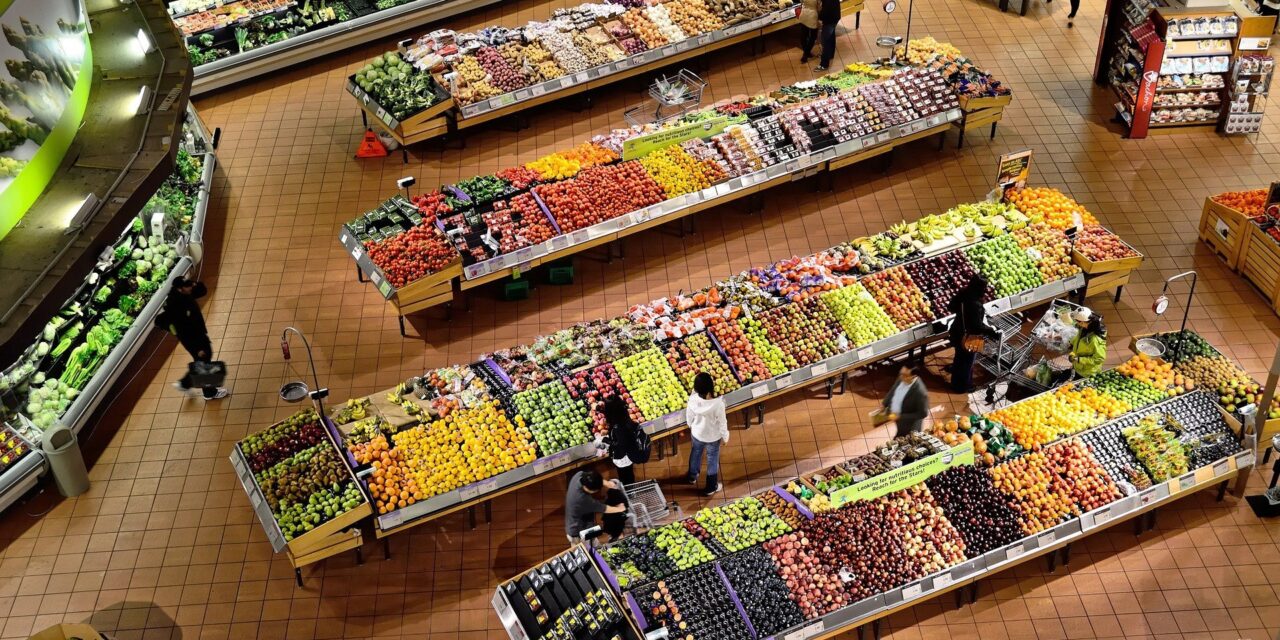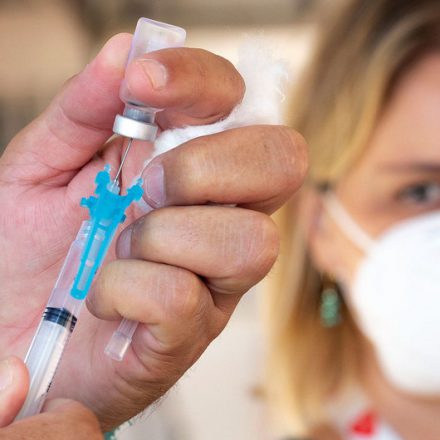A recent study published in Parasitology Research has revealed alarming findings: pre-washed vegetables sold in various supermarkets in the United Kingdom are contaminated with the food- and waterborne parasite Cryptosporidium parvum. This study comes in response to a recent spike in Cryptosporidium cases across the country.
Understanding Cryptosporidium
Cryptosporidium is a protozoan parasite responsible for cryptosporidiosis, an infection that can cause severe abdominal cramps, nausea, and potentially life-threatening conditions, particularly in immunocompromised individuals and young children. Notably, Cryptosporidium is a major cause of diarrheal illness in infants and young children, second only to rotavirus in terms of mortality.
The Study
Researchers conducted a pilot study to assess the presence of Cryptosporidium in pre-washed vegetables. They collected 36 samples from four supermarkets in Canterbury, Kent County. Using molecular techniques, including nested polymerase chain reaction (PCR) and gene sequencing, they detected Cryptosporidium DNA in 58% of the samples. Of the 24 samples yielding sufficient DNA, four were confirmed to contain C. parvum.
The contaminated vegetables included red cabbage, iceberg lettuce, carrots, lamb’s lettuce, spinach, chard, and red and green butterhead lettuce. Given that these vegetables are often consumed raw, the findings raise significant public health concerns.
Cryptosporidium’s Resilience
Cryptosporidium’s resilience is attributed to its ability to form oocysts, which can survive harsh environmental conditions and resist chlorine-based disinfectants commonly used in washing pre-cut vegetables. This resistance allows the parasite to persist on vegetables and cause infections despite standard sanitization practices.
Pathways of Contamination
Contamination can occur at any stage of production, from irrigation with contaminated water to handling during processing, packaging, and transport. The study highlights the need for stringent hygiene measures and suggests exploring alternative disinfection methods, such as ozone washes, boiling, and filtration, to effectively eliminate Cryptosporidium oocysts.
Implications and Recommendations
The study’s findings underscore the importance of reviewing current food safety protocols for pre-washed vegetables. Given the increasing popularity of ready-to-eat salads and other vegetables, ensuring their safety is paramount. The researchers recommend heightened vigilance and the adoption of more effective sanitization methods to prevent future outbreaks.
Conclusion
This pilot study has brought to light the significant contamination of pre-washed and ready-to-eat vegetables in U.K. supermarkets with Cryptosporidium. With the parasite’s resistance to standard disinfectants, the call for improved hygiene and alternative sanitization practices is more urgent than ever.
Journal Reference
Suleiman, A. J., Mavrides, D. E., Maxamhud, S., Gentekaki, E., & Tsaousis, A. D. (2024). Presence of Cryptosporidium parvum in pre-washed vegetables from different supermarkets in South East England: A pilot study. Parasitology Research, 123(6), 230. DOI:10.1007/s00436-024-08250-w
For consumers, the takeaway is clear: while pre-washed vegetables offer convenience, extra caution and potential additional washing may be necessary to ensure their safety.
4o












